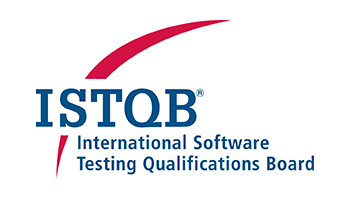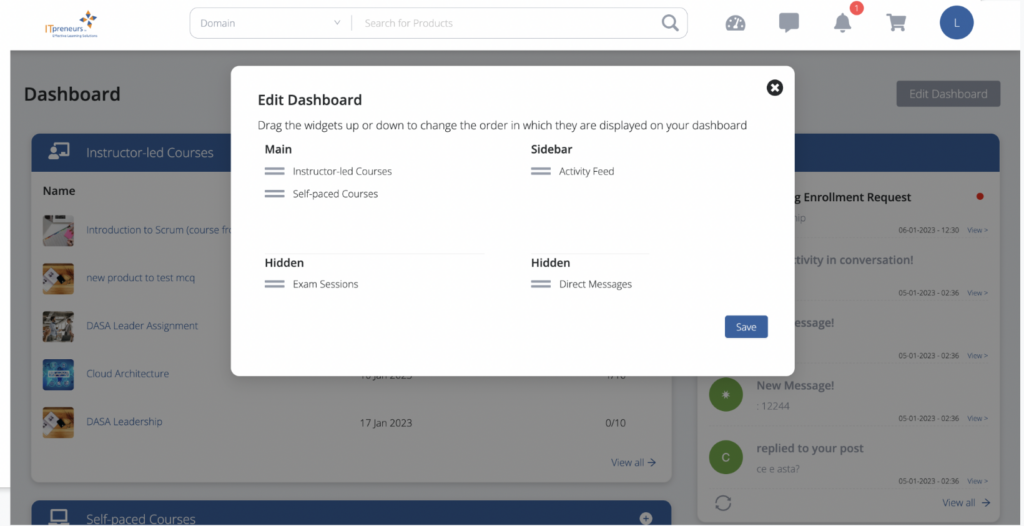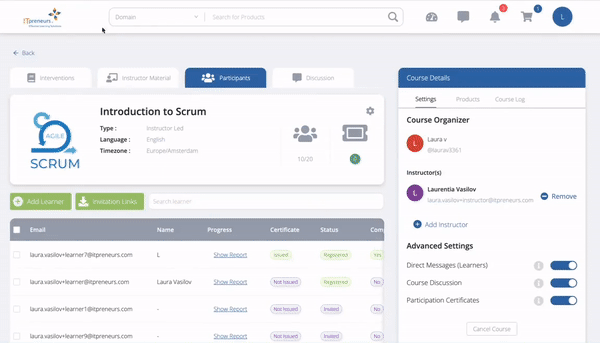Are you also noticing a certain excitement in the area of IT development? I think we all agree that the increasing demand for DevOps and Agile is changing the IT landscape. Development teams are more and more international and cross-functional. Software testing training is therefore not only aimed at training the software testers of the future but also on training people from the business, product and operations side. What does this mean for training providers?
Nowadays, organizations are developing and relying on websites and applications which are used by people around the world. For example, how many apps do you use on your phone or tablet? Without looking at my phone, I can easily list over 10 apps I use on a day-to-day basis. I can also easily list 10 websites I use. The thing is that all these apps and websites rely on IT to run.
Organizations need to ensure that the apps and websites are current, easy to use and above all, they need to just work. To ensure this is the case, organizations need to test, a lot.
The Rise Of Test Automation
As you can see in the comic above, sourcing and retaining skilled software testers has become a challenge. Ensuring an organization has testing capacity will likely become an even bigger challenge as the demand for these skills continues to grow and the supply might not be able to keep up.
While some aspects of user interface testing can be automated, the automated tests cannot validate (yet) whether the application actually looks good. Manual exploratory testing is required, where professional testers, not software tools, comb through an application, taking a context-driven approach. (By the way, are you familiar with the “Sad Cycle of ‘Secure’ Software Development?)
Industry experts say that about 70% of software testing can be successfully automated, while 30% should remain manual. It’s too early in the technological revolution to replace manual testing completely with automation. Here’s a helpful blog post from TechTarget about what to automate and what not.
ISTQB: Advancing Competencies in Software Testing
To support our training and consulting partners, we’ve recently added to the ITpreneurs training library a new portfolio in software testing: ISTQB® (International Software Testing Qualification Board), certified by iSQI (International Software Quality Institute). As I was developing content for upcoming ISTQB marketing campaigns, I came across this very interesting survey. Did you know that ISTQB has created the world’s most successful scheme for certifying software testers? As of June 2015, ISTQB has administered well over 560,000 exams and issued more than 400,000 certifications in over 110 countries worldwide, with a growth rate of about 50,000 certifications per year.
Why ISTQB Training & Certification?
To help our partners position these new software testing training courses, we host “How to sell” and “Go-To-Market” sessions. I’ve added an excerpt from the “How to sell ISTQB” session below. (The full session is available for ITpreneurs partners.)
In this excerpt, Michiel van der Voort, Executive Director at iSQI provides guidance on positioning ISTQB training and certification. Michiel explains where Software Testing sits in the IT Waterfall Lifecycle Model (Analysis, Design, Development, and Operations) and why DevOps is important to assure the quality of applications before they are being released into production (operations).
Stay tuned for my write-up of the interview with Michiel where he answers questions on ISTQB training, the benefits for training and consulting companies, and the ISTQB market opportunities.
About the author

More than 10 years of experience in managing business-oriented marketing programs globally, in large, small and complex organizations. Proven track record of managing projects in fast-paced, multicultural and international high-pressured environments. I am passionate about learning new things, connecting people, and incessantly looking for ways to do things differently and holistically.
Along with strong decision-making, I am developing effective marketing & communication strategies, building-up high performing targets and long-term customer relations.




